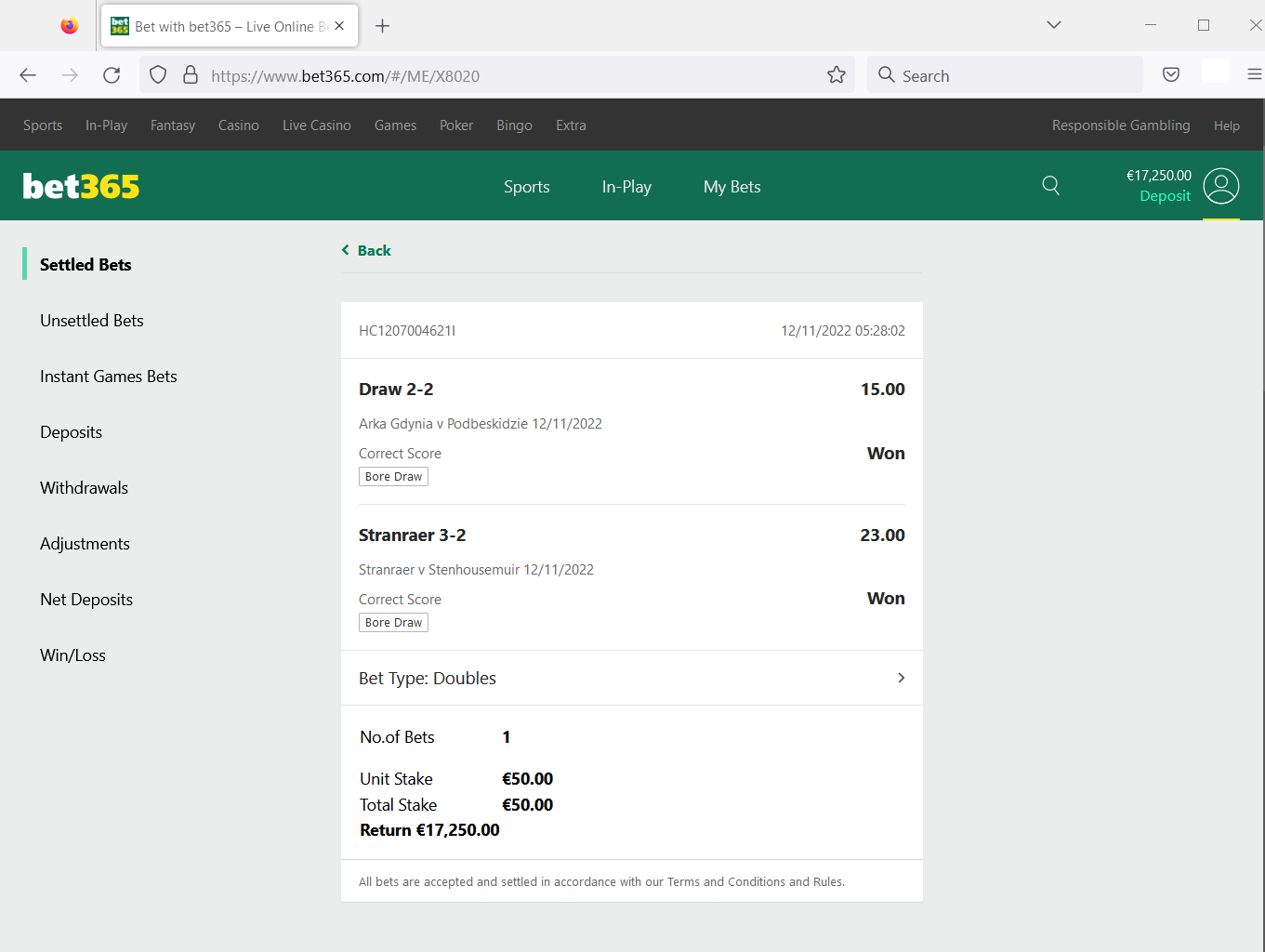References and meanings. Anger manifests in myriad forms across psychological, spiritual, and cultural paradigms. Dreaming about anger can be particularly intriguing, as the emotional catalyst often permeates our subconscious in multifaceted ways. Understanding the varied meanings behind anger—its roots in psychology, its interpretations in different religious contexts, and its symbolic nuances—can shed light on our waking lives and inner conflicts.
The Symbolism of Anger in Dreams
Dreams frequently serve as a canvas for our deepest emotions and unresolved conflicts. When anger appears in a dream, it can symbolize suppressed feelings or frustrations manifesting in our subconscious. The symbolism is often layered—anger can represent not just personal indignation but also a broader societal discontent. It may signal an imperative for action, urging the dreamer to confront unresolved issues or catalyze change in their waking life.
In this context, anger in dreams often embodies repressed emotions. It forces the dreamer to recognize facets of their psyche they might prefer to ignore. Whether it is anger directed towards an individual or a situation, it invites introspection and encourages the dreamer to explore the underlying issues prompting these fiery emotions.
Psychological Dimensions of Anger
From a psychological standpoint, anger is a natural emotion, a response to perceived threats or injustices. In dreams, this emotion can emerge as an indicator of internal strife. Dreams that feature anger might suggest that a person is grappling with feelings of disappointment, betrayal, or inadequacy. Understanding these elements aids in unpacking the dreamer’s emotional state. Dreams may present scenarios where the dreamer feels powerful and justified in their anger or, conversely, powerless and trapped by it.
Furthermore, the way anger is manifested within the dream can provide critical insights. If the dream involves aggression towards oneself, it can signify a self-destructive tendency or unfulfilled potential. Conversely, if the anger is directed towards others, it may indicate unresolved conflicts that require resolution in the dreamer’s waking life. This duality exemplifies the complexity of human emotions and the intricate tapestry of psychological interpretations attributed to anger.
Spiritual Perspectives on Anger
Across different religious frameworks, the spiritual connotations of anger vary significantly. In Christianity, anger is often viewed through the lens of moral integrity. The Bible addresses anger extensively, emphasizing righteousness, as exemplified in Ephesians 4:26—“In your anger, do not sin.” This guiding principle encourages believers to manage their anger constructively, transforming it into a catalyst for positive change and reconciliation rather than a destructive force. In dreams, such representations may reflect a divine message urging the dreamer to control and channel their anger positively.
In Islamic teachings, anger is also recognized as an emotion humanity must navigate with care. The Prophet Muhammad emphasized forgiveness and patience, guiding believers to combat anger through self-control. In this milieu, dreaming of anger may suggest a spiritual struggle with one’s morality, urging the dreamer to seek out compassion and understanding in their journey. Such dreams may illuminate spiritual paths leading towards forgiveness and peace, both with oneself and in relationships with others.
Comparatively, other spiritual practices view anger as a vital emotion that, when harnessed appropriately, encourages assertiveness and self-advocacy. Indigenous traditions may reinterpret anger as a guiding force, urging individuals to defend their truth while navigating the complexities of interpersonal dynamics.
Syllogism and the Complexity of Anger
Delving deeper into the complexities of anger requires a logical framework—analyzing the premises that underlie its existence. Consider this syllogism: all emotions are rooted in human experience; anger is an emotion; therefore, anger is rooted in human experience. Such reasoning emphasizes that anger serves as an intrinsic aspect of humanity, illustrating that this emotion is a universal experience irrespective of cultural, religious, or psychological backgrounds.
This rationale highlights the non-linear nature of anger. Just as joy, sadness, and fear intertwine in intricate ways, so too does anger create a multiplicity of reactions. Consequently, understanding anger in dreams may necessitate acknowledging this complexity. The emotional responses that accompany dreams can elucidate an individual’s relational patterns, self-identity, and deeply held beliefs.
Conclusion
Engaging with the dream meaning of anger invites a profound exploration of where this powerful emotion resides within us. It encompasses psychological interpretations, spiritual teachings, and symbolic nuances, revealing rich layers of understanding. A dream featuring anger is more than a simple manifestation of distress; it is a herald urging self-awareness and insight. Addressing anger directly can facilitate healing, foster relationships, and enable personal growth. In essence, every whispered rage within our dreams beckons us towards deeper understanding, seeking resolution in both our subconscious and conscious lives.
Thus, the next time anger occupies your dreams, consider it not merely as an adversarial emotion but as an integral part of your human experience, capable of guiding you towards emotional clarity and spiritual enlightenment.













